We’re always telling women over 50 to go for it, claim your power and all that. But in one case at least, is it possible that women over 50—wait, let’s be clear—white women over 50, are going for it a little too much?
This week, the Centers for Disease Control and Prevention (CDC) reported that among the nearly 13 million people who have received at least the first dose of the vaccine between mid-December and mid-January, 63 percent were women. This makes sense given that most health care workers and those living in long-term care facilities are women—the groups originally recommended to be first in line to get the vaccination. Plus, women are often caretakers for elderly parents.
However, 55 percent of vaccines have gone to white women over 50. As we’ve heard repeatedly, minorities are most impacted by COVID. Blacks, Native Americans, and Hispanics are at highest risk of infection and are more likely to have severe cases. So this isn’t good.
Read More: Another Reason to Love Dolly Parton: She Helped Fund a COVID Vaccine
Bad Record Keeping
One piece of information that may explain this apparent incongruity is bad record keeping. Information on race was only available for about half of those vaccination recipients. It is unclear why we don’t have this information, but it’s likely because the roll out of the vaccine has been rushed and few standards have been instituted as far as documenting particulars about those getting the vaccine.
“The people giving out the vaccine are not recording the race and ethnicity data,” Dr. Marcus Plescia of the Association of State and Territorial Health Officials, told NBC News. “People need to realize that this is serious. We might need a mandatory field to make sure that it is filled out.”
Those aiming for more equitable vaccinations are frustrated. “As of Jan. 30, we’re missing 47 percent of the race of ethnicity data on vaccination,” Dr. Marcella Nunez-Smith, chair of the Biden administration’s COVID health equity task force, said during a White House briefing. “Let me be clear, we cannot ensure an equitable vaccination program without data to guide us.”
Lack of Access to the COVID Vaccine?
Part of the problem is lack of access and resources. “Some of these communities that we’re most concerned about being hospitalized and dying also have less access to high speed internet” to make online vaccine appointments, said Dr. Julie Morita, executive vice president of the Robert Wood Johnson Foundation, in the same NBC News report.
Morita, who also served as a former health commissioner at the Chicago Department of Public Health, added that those communities may also be limited in transportation options necessary to get to vaccination sites.
“It’s really helping them to access it and making sure that those clinics are located in the right places,” she said. Without appropriate data to determine whether the right populations are being reached, “you’re really kind of guessing.”
Whatever the actual issue or issues, it’s clear that we all need to make sure we’re doing our part to help ensure that those most impacted by the pandemic are getting help first.
Read More: How Dumb is This? Older People are Often Excluded from COVID Research

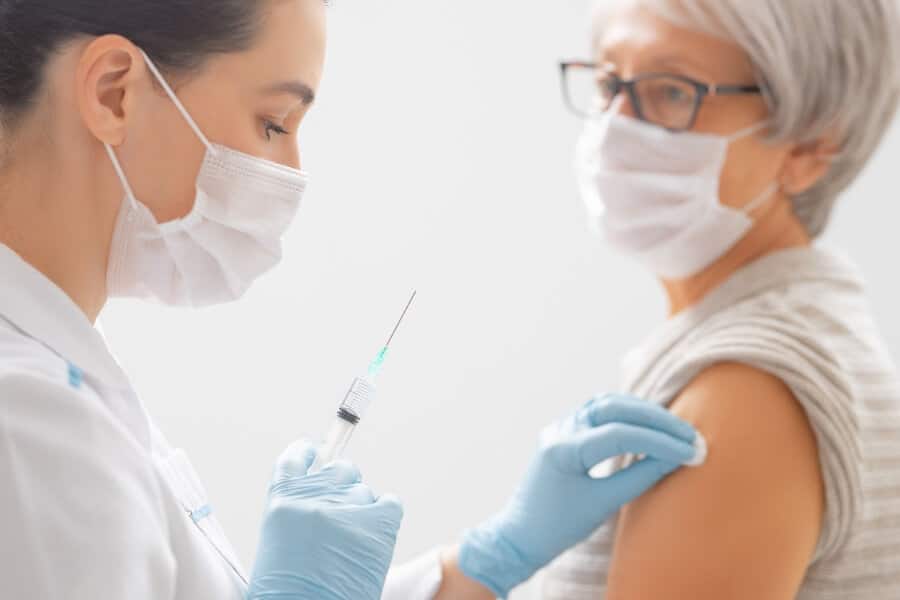
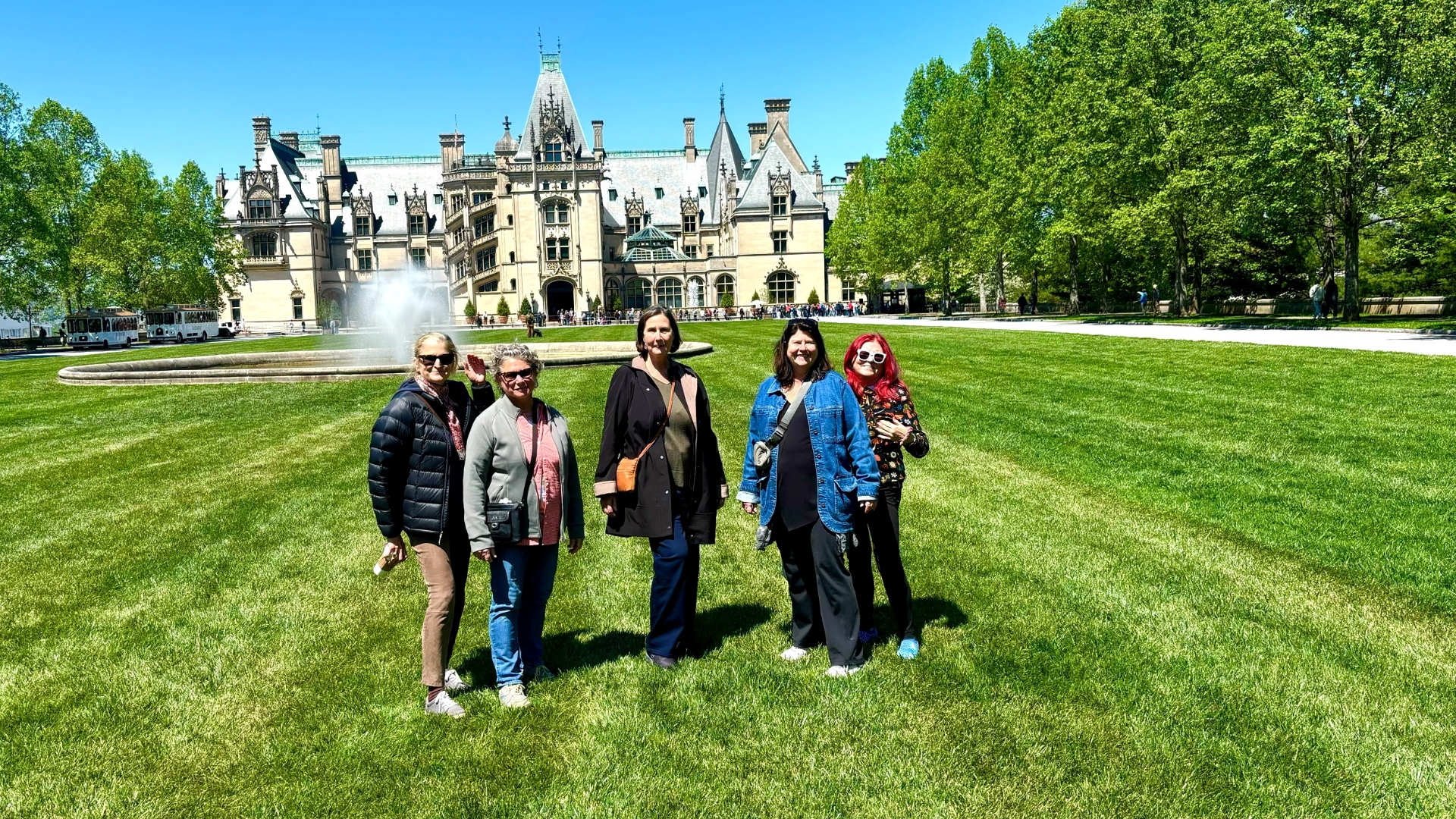





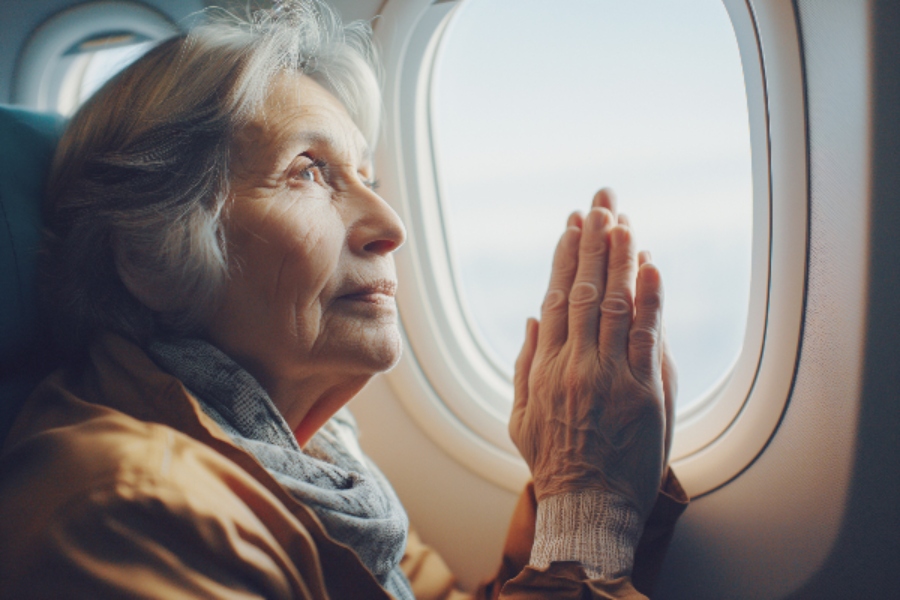
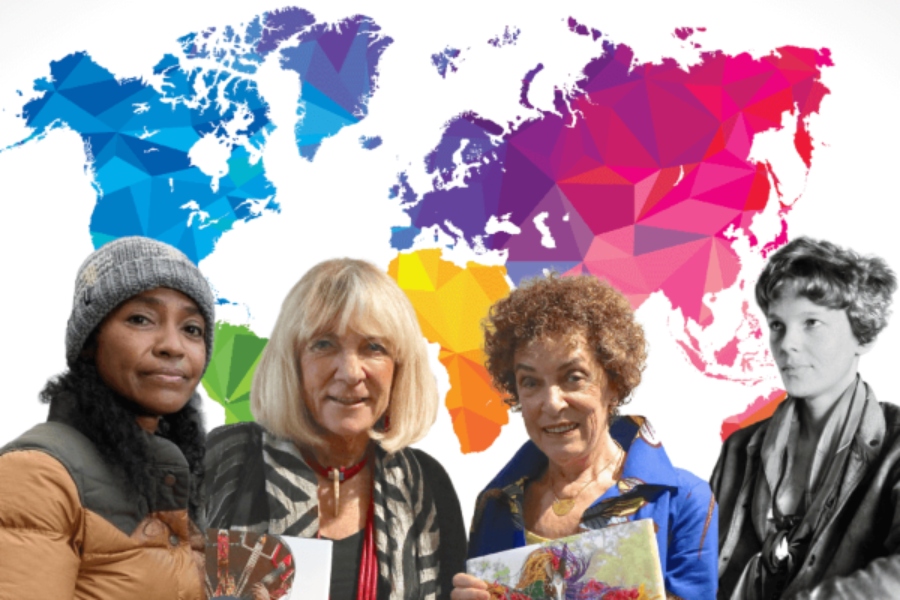



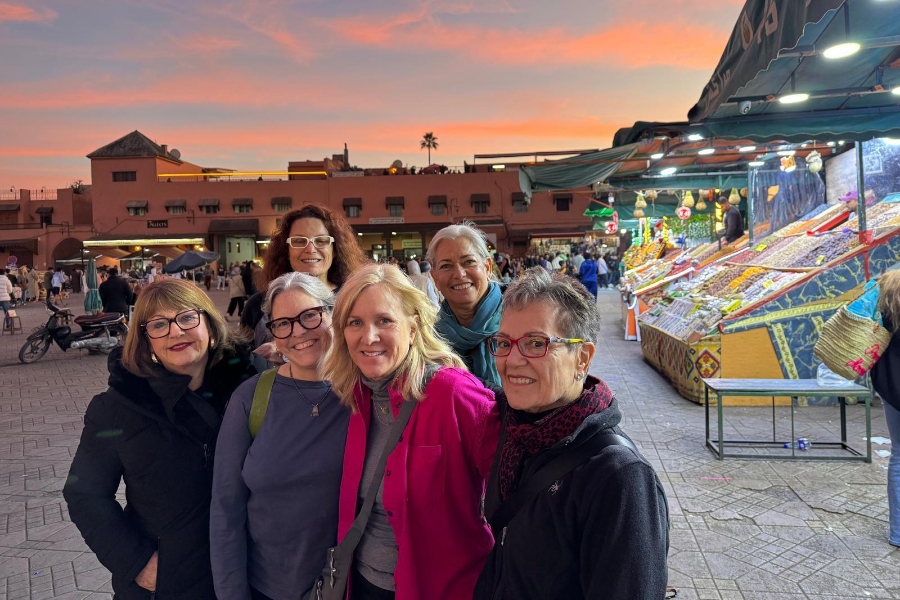



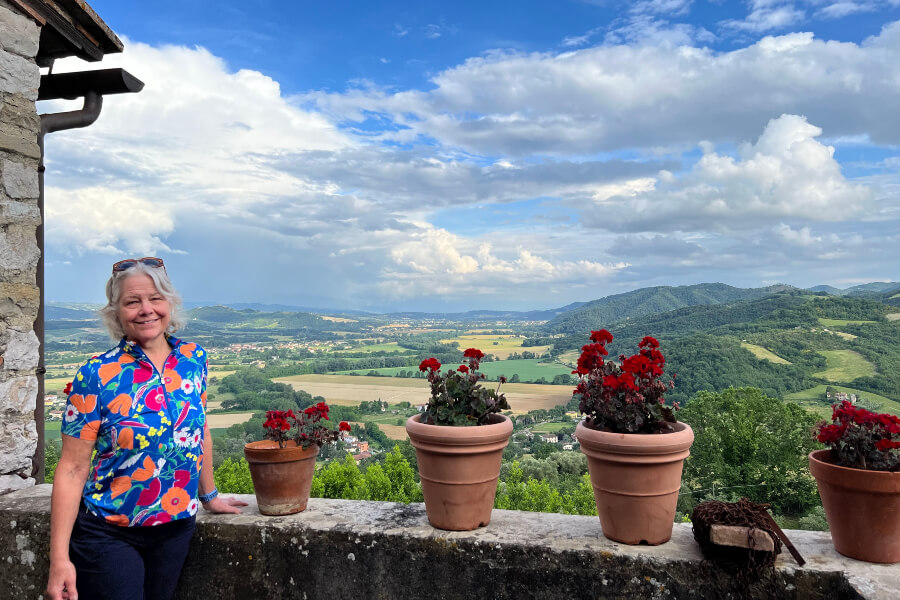

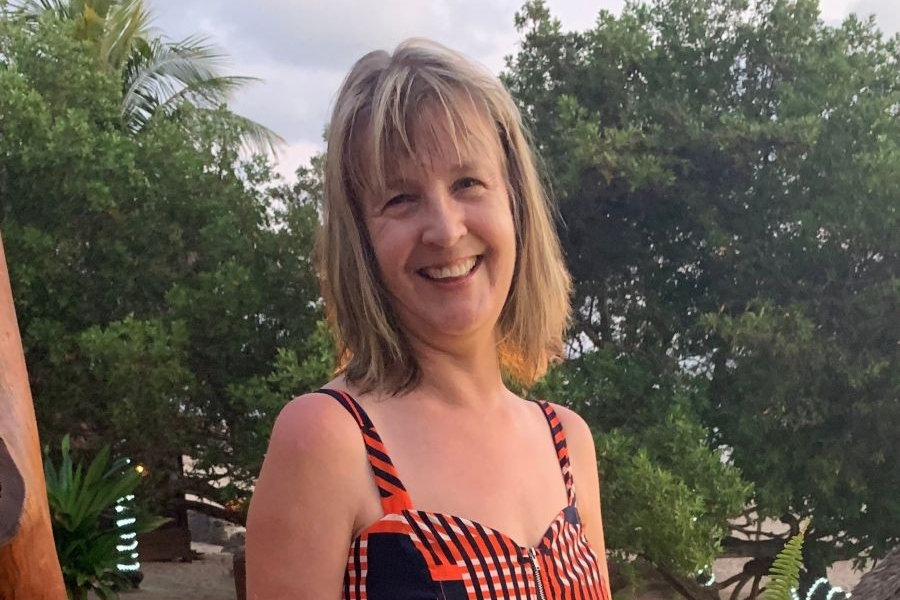

0 Comments